Caring Robots // Robotic Care
Caring Robots // Robotic Care is a 5-years project, started in 2022, funded by the FWF #Connecting Minds program.
It involves 4 key researchers from TU Wien and one from University of Salzburg. Our goal is to develop and implement novel and desirable roles of robotic technology that proof useful, safe, meaningful, and wanted.
We aim for a participatory, open and reflective design process that involves a broad range of stakeholders from the care sector, with the ultimate goal to create desirable technological futures of care rather than merely acceptable ones. The gained insights shall contribute to a novel ethically aligned design approach for robotic care technology.
Exceptional Norms
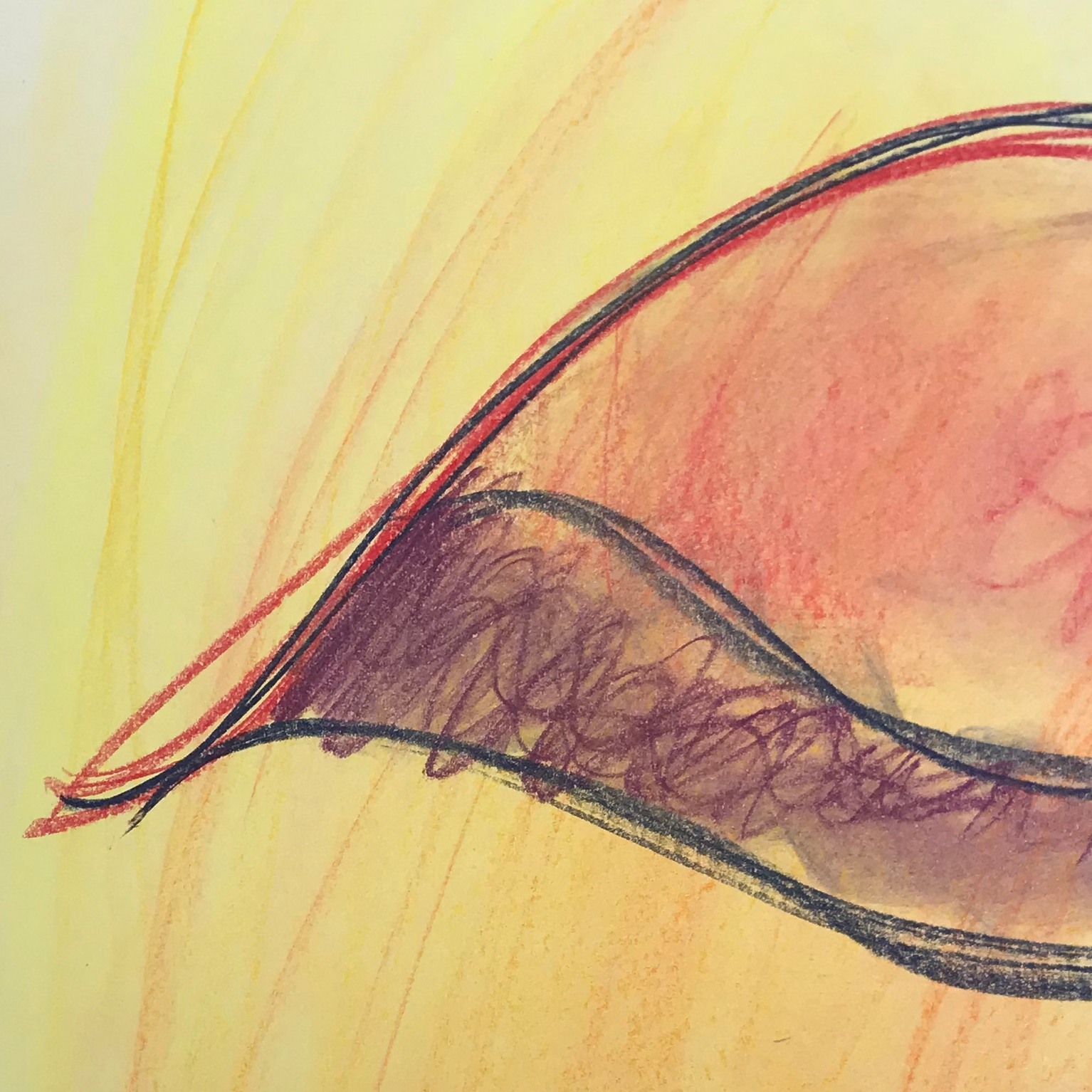
By thinking through Exceptional Norms, we investigate how technologies, particularly those related to embodied computing, literally encode normative assumptions and expectations in their artefacts. We conduct critical analysis of existing work which we augment with the development of artifacts in a manner of research through design to account for the vast varieties of human bodies.
Project Homepage: https://exceptional-norms.at
Team: Katta Spiel
Computing technologies in our environment moved from being large mainframe setups increasingly towards, on and even inside human bodies. Innovative technologies like wearables, on-body tattoos or somaesthetic mats engage bodies in interaction. However, a thorough and critical investigation into the conceptualisation of human bodies in interaction with these technologies albeit highly relevant for the research community, is missing so far. With this FWF supported Hertha-Firnberg project hosted by the Human-Computer Interaction Group at TU Wien, we critically analyse how bodies are constructed within Human-Computer Interaction (HCI) and Interaction Design, conduct participatory design with people whose bodies are marginalised by technologies and create two robust research products materialising alternatives to the status quo. Our work details the epistemological and designerly consequences as well as potential counter strategies to dominant normative assumptions.
OutsideTheBox
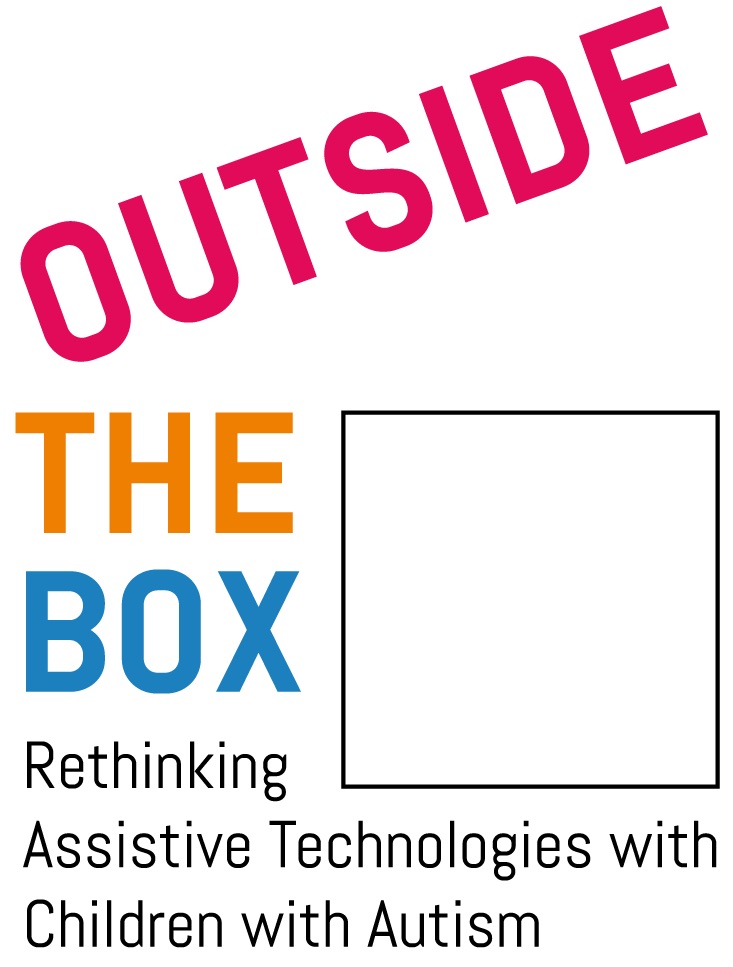
With OutsideTheBox we will think laterally and outside of typical boxes and categorisations. We will design new technologies with autistic children which are not exclusively driven by functional limitations, but engage children in all their diversity and with all their differences.
Project Homepage: http://outsidethebox.at
Team: Christopher Frauenberger, Julia Makhaeva, Katta Spiel
Technology has changed our lives. We find the cinema on Google Maps, use public transport with tickets on our mobile and let our watch tell us how many calories we have burnt and what is left in the fridge. And although people with autism are often drawn to technology, we know little about their ideas for future roles of technologies.
Shared Space
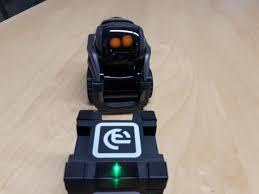
Exploring Long-Term Human-Robot Interaction: What makes people accept or reject companion robots?
SharedSpace is a 3-years project, started in 2018 funded by the FWF (Elise Richter programme). The working hypothesis of this project is that the interaction of lay people with a social companion robot (in this project the commercially available robot Anki Vector) changes over time and that its adoption and acceptance differ in terms of the socio-demographic qualities of the involved households.
SocialPlayTechnologies
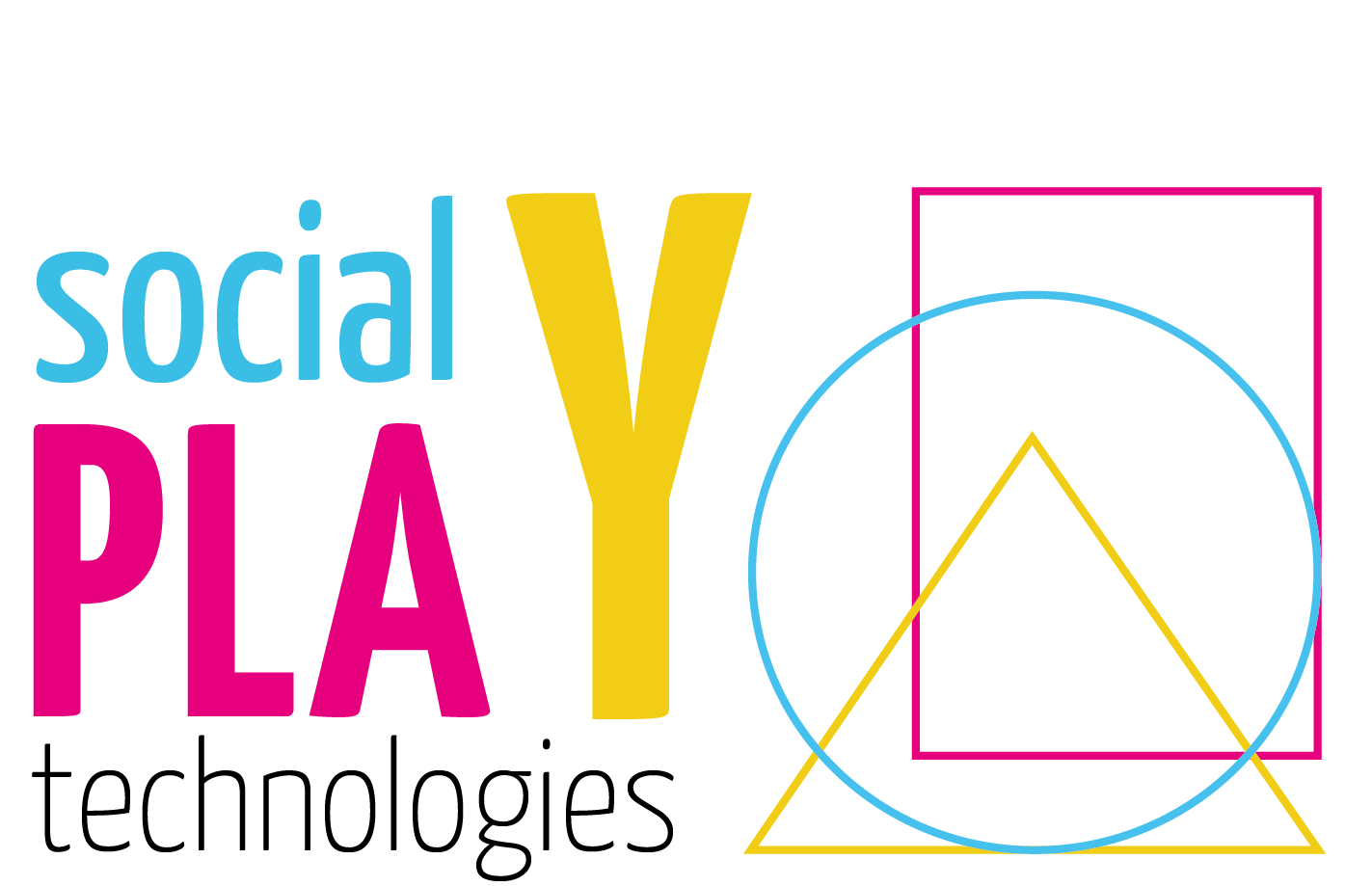
Social play is key for successful inclusion of children with disabilities and has significant impact on their wellbeing and development. Typical traits in autism, such as impaired social and communication skills and repetitive behaviours, make social play particularly challenging for children diagnosed on the spectrum, exposing them to a wide range of mental health risks. This project investigates how technology can help support social play activities in mixed, co-located groups of autistic and neuro-typical children, aged 6 to 8 years. We aim to develop smart play objects, which can intelligently react to social situations to scaffold interactive play experiences of autistic children and their typically developing peers. For such objects to be meaningful to different children, it is key to involve them actively in their design.
The Got-IT Project
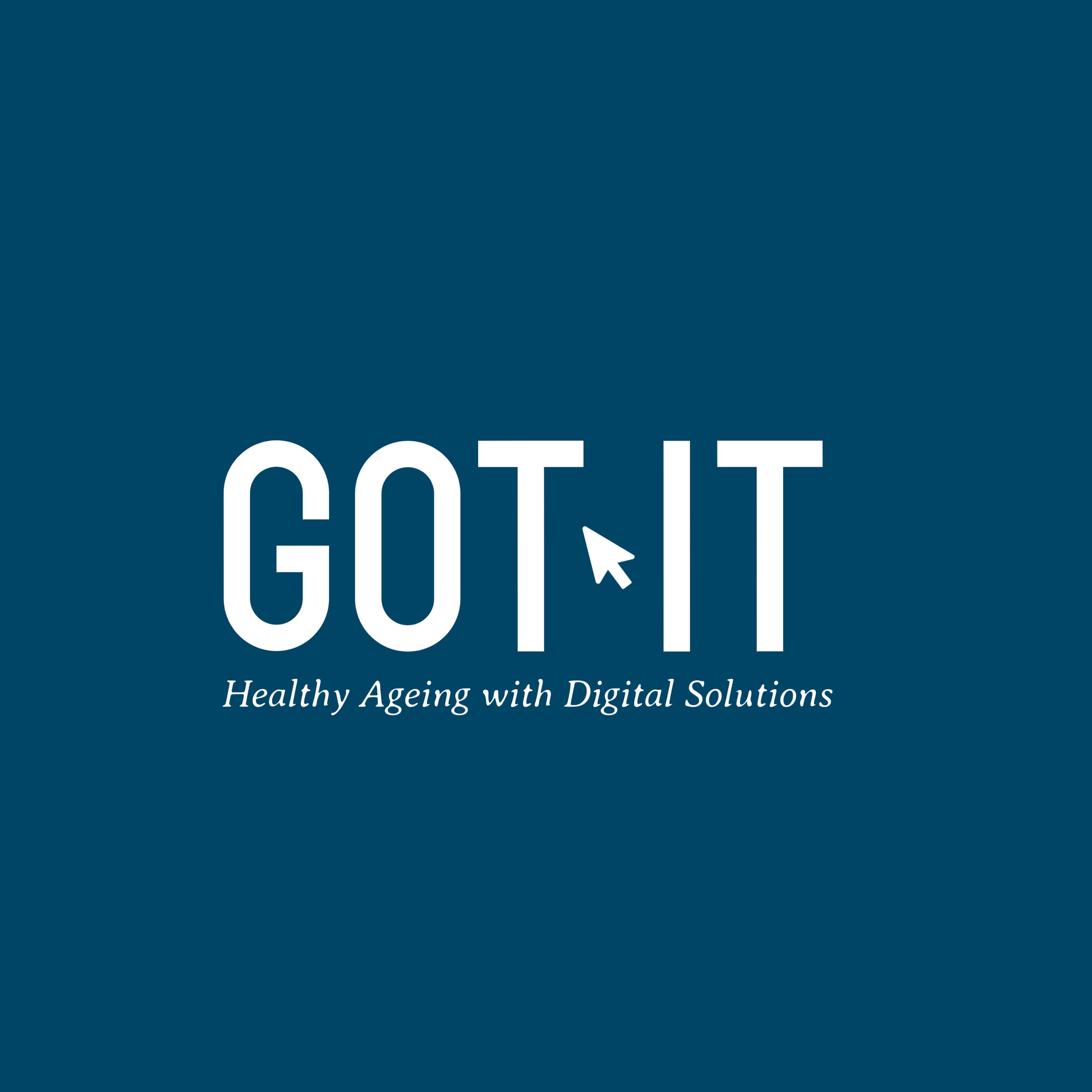
Got-IT will deliver an online toolkit to assist the design of inclusive eHealth solutions targeting the promotion of healthy lifestyles among older adults with low eHealth literacy, promoting citizen empowerment and contributing to the fight against health disparities in Europe.
The creation of the toolkit will be performed in continuous collaboration with the end-users of the eHealth solutions (underprivileged older adults) and the end-users of the toolkit (eHealth developers). A strategy targeting sustainable engagement of end-users of the toolkit will aim at community building beyond the end of the project.